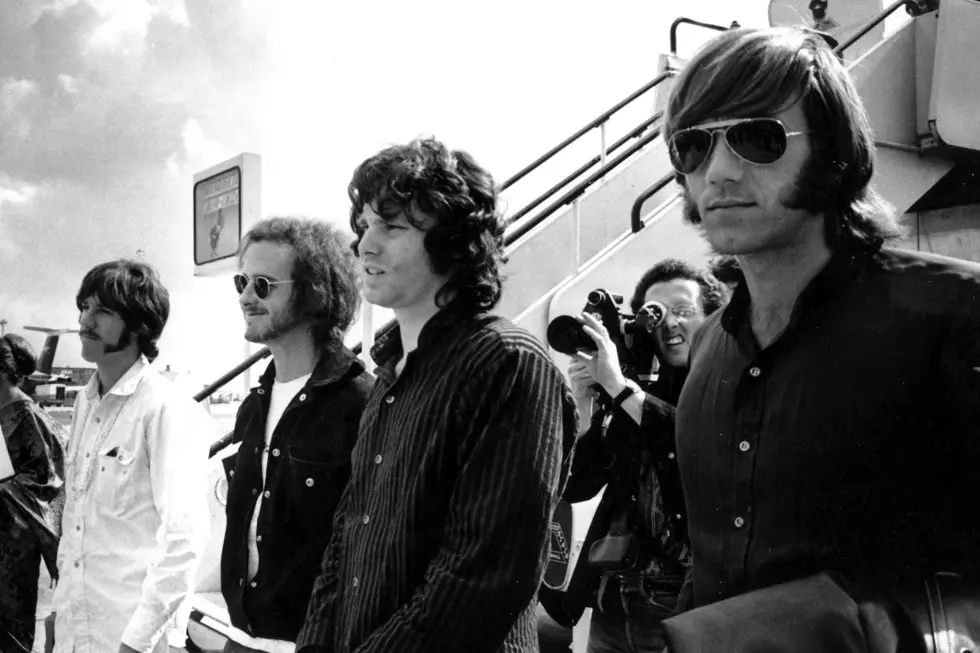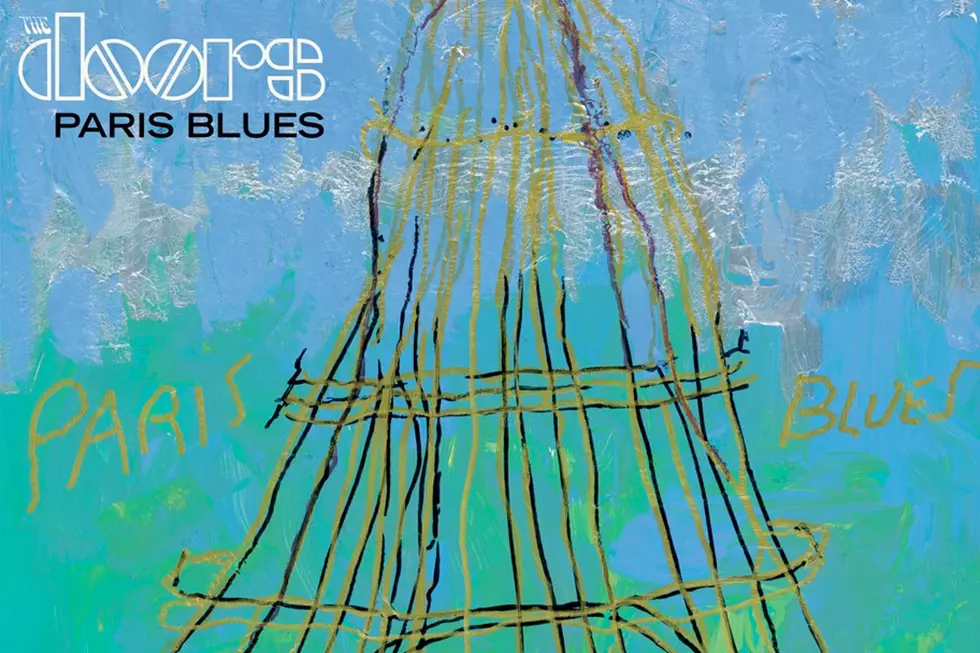
Why the Doors Stumbled Through the Experimental ‘The Soft Parade’
The Soft Parade arrived on July 18, 1969 as the Doors' most experimental recording, a wildly uneven LP that found Jim Morrison and band trying out orchestral and brass arrangements, a weird bluegrass-soul amalgam and a misguided attempt at prog.
Blame, and credit, goes to a group that seemed to be evolving away from Morrison as a principal songwriter. Guitarist Robby Krieger wrote or co-wrote more than half the songs, and even shared a lead vocal on "Runnin' Blue." Whether this signaled a crisis in creativity, on-going disputes over the band's direction, an outward sign that Morrison's demons were becoming too much of a distraction or simply a deep desire to find new vistas remains a point of debate. What doesn't, however, is how often The Soft Parade misfired along the way.
When these new sounds clicked, as on Krieger's "Touch Me," the Doors appeared to be boldly moving into previously undiscovered musical areas – even while retaining the sensual power of their best work. At No. 3, the song would became their third-biggest hit ever, after the chart-topping "Light My Fire" and "Hello, I Love You." Elsewhere, the Doors catch a nasty riff on Morrison's "Wild Child," and dig deeper into free-jazz mysticism on his "Shaman's Blues."
Unfortunately, those moments are surrounded by a series of wrong-headed stumbles, as the Doors' reach far exceeds their grasp on The Soft Parade. Krieger's "Tell All the People" tries for a "Touch Me" kind of alchemy, but instead comes off as strangely morose. His "Wishful Sinful" is entangled in gauzy classical themes, though it somehow nearly crept into the Billboard Top 40. (That likely prompted a sharp rebuke from Rolling Stone, which suggested this album be re-titled The Soft Touch.) "Runnin' Blue," while turning on the death of Otis Redding, attempts that unwieldy mix of R&B and Jesse McReynolds' mandolin. And, all due respect to the late Morrison, the multi-part suite title track is a bloated, confusing epic.
Powered by a hit single, and good will from earlier projects, The Soft Parade went platinum. But it was, to that point, the Doors' lowest-charting U.S. album, and failed to chart in the U.K. at all. Stung, the Doors would, over the course of their two remaining Morrison-era recordings, retrench into the blues- and jazz-focused rock that had initially hurtled them to fame – rebounding from an album best left for completists.
See the Doors Among the Top 100 Albums of the '70s
Jim Morrison is Part of Rock’s Tragic ‘27 Club’
More From Ultimate Classic Rock









